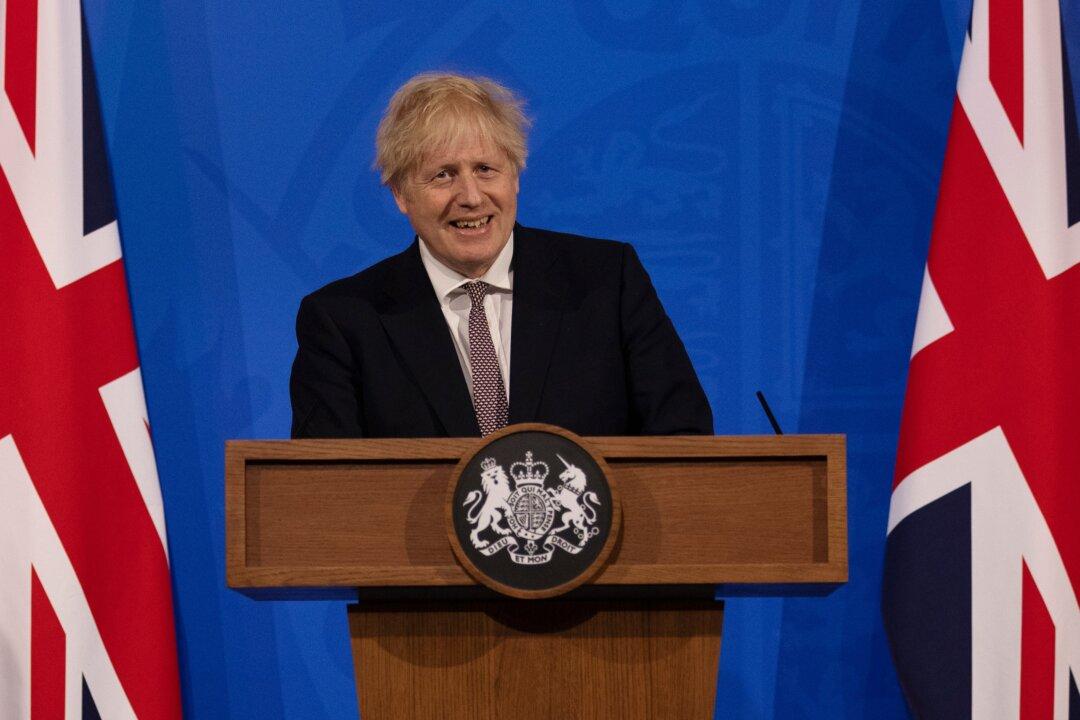An inquiry into the government’s handling of the CCP virus pandemic will begin in spring 2022, British Prime Minister Boris Johnson has confirmed.
Speaking in Parliament on Wednesday, Johnson said the government will set up an independent public inquiry that will have “full powers under the Inquiries Act of 2005, including the ability to compel the production of all relevant materials, and take oral evidence in public, under oath.”





